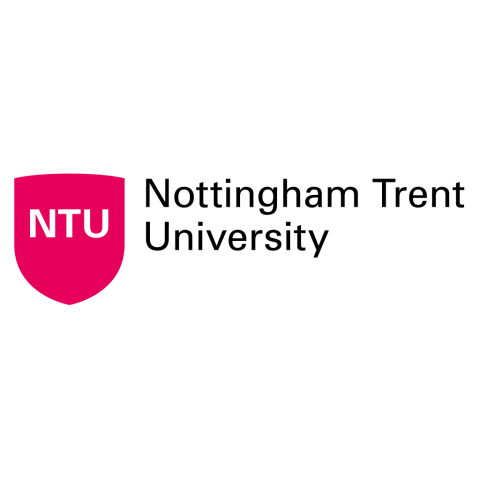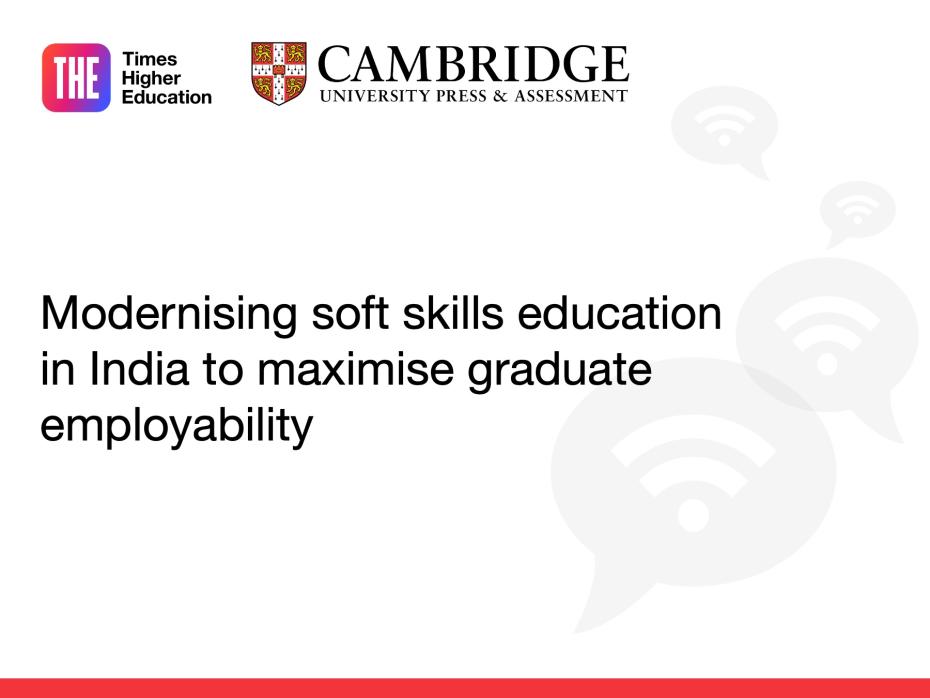
The power of partnerships in preventing regional talent drain
How one university collaborated with another institution and local employers to address region-specific skills gaps and retain graduates locally – plus advice for others looking to do the same
Loss of graduate talent from regional areas to capital cities contributes to skills shortages, negatively impacting the local economy, productivity and innovation.
This “brain drain” has been a hotly debated issue in Nottingham, Nottinghamshire and the East Midlands for a few years now. Less than 40 per cent of graduates from Nottingham Trent University (NTU) and the University of Nottingham (UoN) are retained in high-skilled employment in the region, despite the region’s draw for students.
To address this issue, we formed the Universities for Nottingham partnership comprising industry partners, civic leaders and the two institutions. It has allowed us to collaboratively develop initiatives to increase regional retention, support our graduates to gain meaningful employment and encourage employers to recruit and retain local talent. Here is how we did this, along with some advice for institutions wishing to adopt a similar approach.
Listen to potential industry partners
Demonstrate a united approach when discussing the regional graduate recruitment market. We did this by hosting a round-table event in collaboration with Nottingham College called “Maximising Access to Talent” for 30 regional employers. It allowed us to establish a clear objective between partners around regional engagement. When organising events such as these, work with regional organisations. In our case, we partnered with Nottingham Partners, Invest in Nottingham and Marketing Nottingham.
- Spotlight guide: Getting students workplace-ready
- Strategies to train students in three transferable skills wanted by employers
- Teach the skills required for a future we can’t yet imagine
Strengthen regional ties
Offer networking opportunities that keep regional employers and relevant staff at your institution informed of challenges and opportunities in the graduate labour market. One way to do this is to organise a conference like the one we co-delivered with UoN on the Power of Partnerships. The event focused on the use of AI, the graduate route visa and benefits of placements through a series of workshops and panel discussions. When considering this approach, ensure your decisions on who to collaborate with are informed by the regional economic and political landscape.
Develop structured skills pathways with employers
Identify regional employers that are already working closely with your institution and work towards a more structured approach. We created the Digital Marketing Academy in collaboration with UoN and two growing digital marketing agencies in 2019 to address the high-level digital skills gap identified by Nottingham City Council. Hundreds of participants across both universities have completed the programme, and proof of its impact are former participants who have come back as employees of the agencies to deliver workshops.
Create a joint industry advisory board
Consider the high-level skills gaps that employers consistently report and bring key players from industry together to plug them. The Nottinghamshire Early Talent Group, which brings together the two universities and 16 employers, shows how this works in practice. Its focus is on upskilling students to ensure that graduates are work-ready. Leverage the specialised knowledge of a board’s members and use it as a sounding board for ideas on ways to attract, recruit, retain and upskill early career talent.
Identify joint funding opportunities
We used a consortium approach to apply for UK Shared Prosperity Funding with UoN in 2024 to support business growth and innovation. The partnership approach resulted in a member of staff working across both university careers and employability services for the first time. We found that having one point of contact for regional employers to share roles for both institutions would make it easier and quicker, and result in more regional roles advertised across both our platforms.
Regional graduate retention remains a key challenge for Nottingham, Nottinghamshire and the East Midlands. We have built strong partnerships, driving talent retention through community and civic engagement, industry collaboration and tailored skills programmes to response to employers’ needs.
By maintaining a unified approach, listening to industry needs and leveraging joint funding, other regions can attract and retain highly skilled talent, ensuring long-term economic growth.
Hanna Hopkinson is strategic employer engagement manager at Nottingham Trent University.
If you’d like advice and insight from academics and university staff delivered direct to your inbox each week, sign up for the Campus newsletter.




